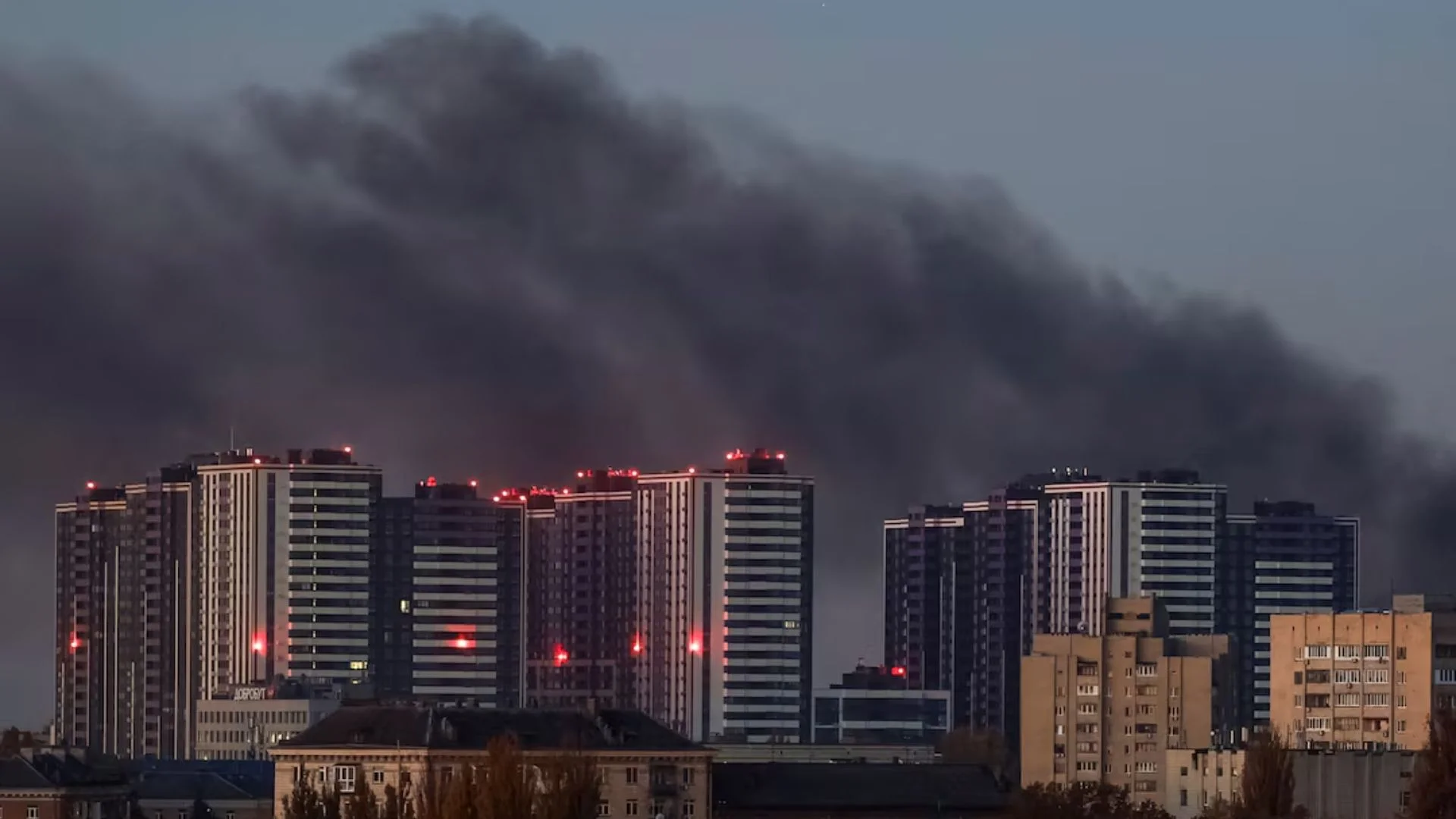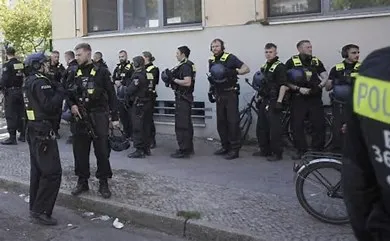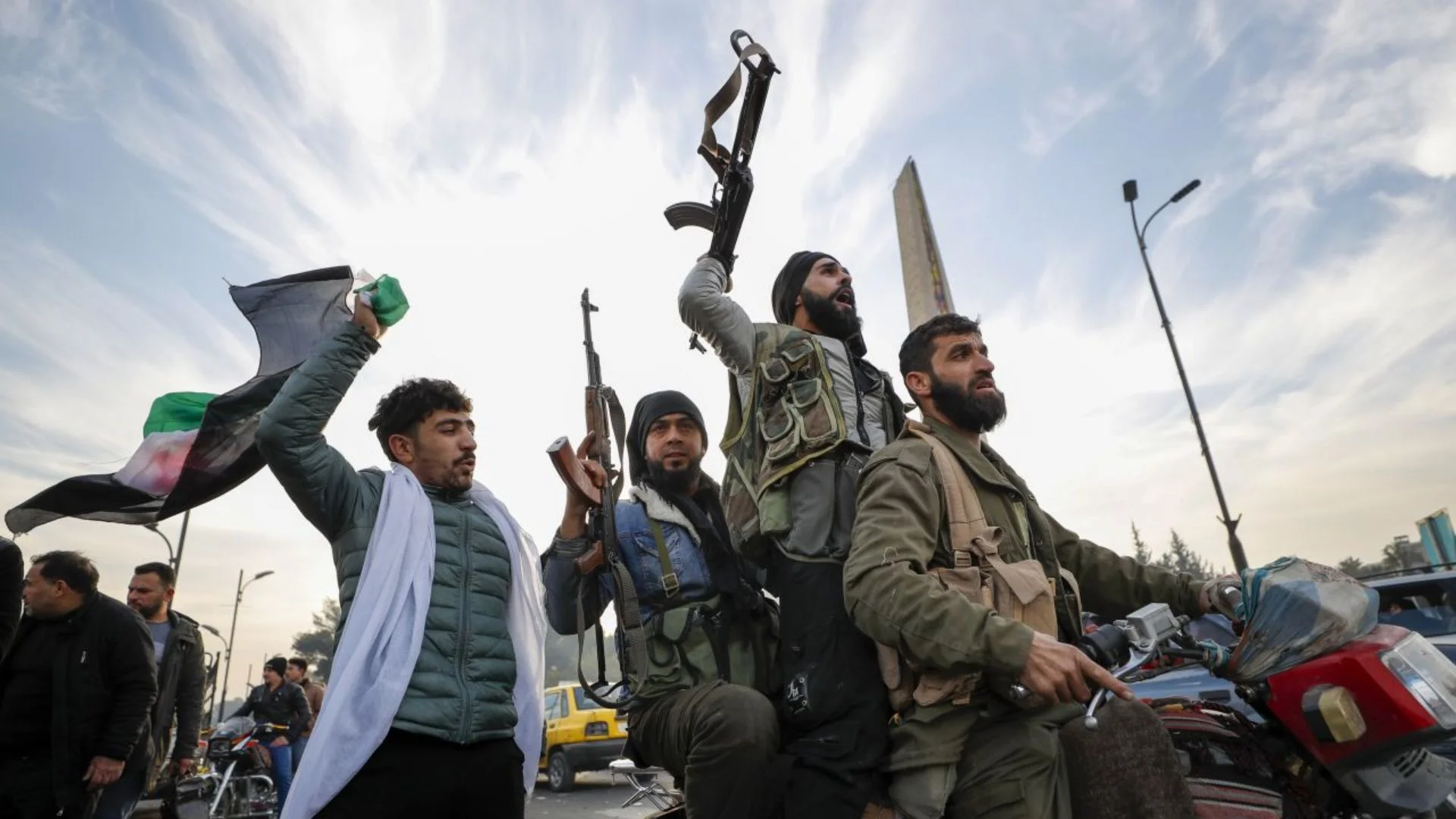After over five months of conflict, the UN Security Council has, for the first time, called for an immediate ceasefire, with the United States abstaining from the vote after previously vetoing similar drafts. This resolution, which received approval from all other 14 members, emphasizes the necessity of an immediate ceasefire during the ongoing Islamic holy month of Ramadan, aiming for a lasting and sustainable peace. The resolution also urges the release of hostages held by Hamas and other militants since October 7. Despite objections from Russia regarding the term “permanent” ceasefire, the resolution ultimately passed.
Algeria, representing the Arab bloc on the Security Council, played a role in drafting the successful resolution, along with other nations such as Slovenia and Switzerland. The United States, previously known for vetoing ceasefire resolutions, displayed a shift in stance by acknowledging the urgent need for an immediate and sustained ceasefire. However, a recent resolution put forth by the United States faced opposition from Russia, China, and Arab states for not explicitly demanding Israel to cease its campaign in Gaza.
This call for a ceasefire in the new resolution is not directly tied to ongoing negotiation efforts, led by Qatar with support from the United States and Egypt, to halt hostilities in exchange for the release of hostages by Hamas. Israel has criticized previous Security Council resolutions for not condemning Hamas specifically.
The conflict, initiated by an attack from Hamas on Israel on October 7, has resulted in significant casualties and humanitarian concerns. Despite previous resolutions mainly focusing on humanitarian aid, they have had limited impact on the ground, with Israel accused of impeding aid convoys and experts warning of a potential famine crisis.






















